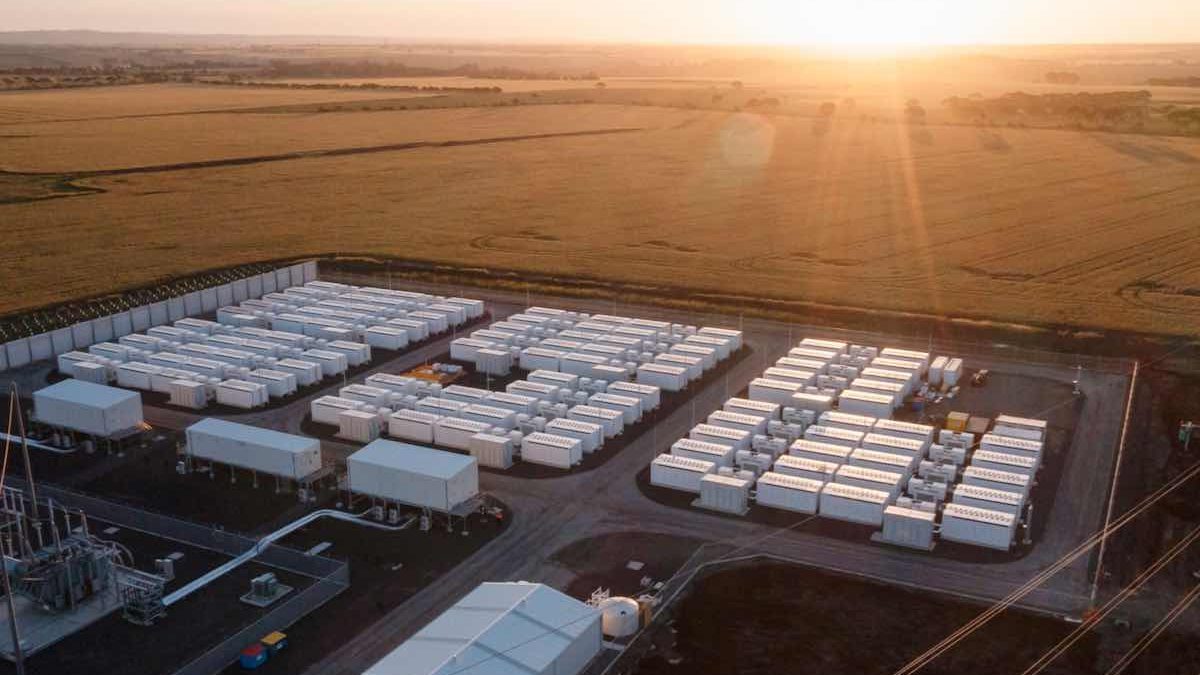
The Energy Collective Group
This group brings together the best thinkers on energy and climate. Join us for smart, insightful posts and conversations about where the energy industry is and where it is going.
Shared Link
Gas industry still talking garbage about big batteries, knowing they will kill its dirty cartel
The gas industry continues to spread misinformation about battery storage technology, despite knowing that it is a cleaner and cheaper alternative to fossil fuels.
The latest example of this was the CEO of APA Group presenting their half year results yesterday. It's not surprising and it's nothing new.
Battery storage systems are becoming increasingly popular and have the potential to replace gas-fired peakers, but the gas industry is trying to delay this transition (and its own demise) by spreading misinformation about their usefulness.
The truth is that batteries provide a large number of different grid services and evaluating them solely on the duration of storage they provide is to ignore many of the other benefits they offer.
Batteries are smarter and faster than gas generators, and take nowhere near as long to build. The first big battery in Australia - the Hornsdale Power Reserve in South Australia - was built in 100 days and wasted no time in having a huge impact on the energy market here.
And battery technology continues to improve. In Australia we will need some gas in the electricity mix for many years to come, but battery storage will grow to become the primary source of energy storage in our high-renewables grid.
Gas industry still talking garbage about big batteries, knowing they will kill its dirty cartel
The gas industry is sprouting utter nonsense about big batteries – a technology it knows will kill its dirty cartel in no time at all.
Get Published - Build a Following
The Energy Central Power Industry Network® is based on one core idea - power industry professionals helping each other and advancing the industry by sharing and learning from each other.
If you have an experience or insight to share or have learned something from a conference or seminar, your peers and colleagues on Energy Central want to hear about it. It's also easy to share a link to an article you've liked or an industry resource that you think would be helpful.




























Sign in to Participate